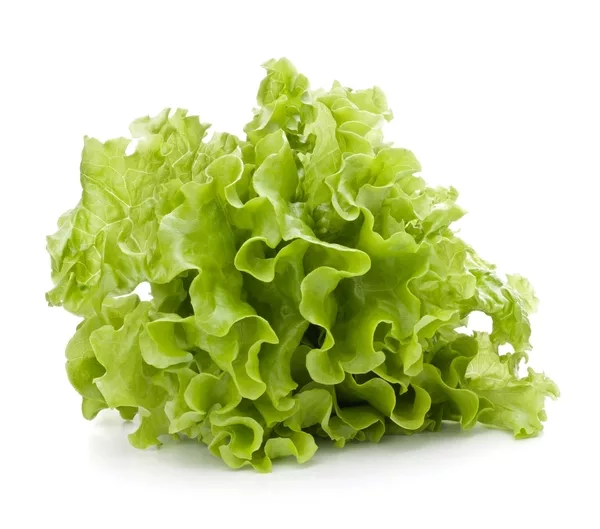LGMA: Here's What the Produce Industry is Doing to Make Romaine Lettuce Safer

In light of recent foodborne illness outbreaks involving romaine lettuce, the U.S. produce industry is taking action to prevent future illnesses with efforts underway to address the issue from several aspects.
- FARMING PRACTICES MADE SAFER: Lettuce farmers in California and Arizona have banned the use of untreated surface water for irrigation prior to harvest. Additionally, they have increased the required distance between crops and Concentrated Animal Feeding Operations. These food safety practices are required as a part of the LGMA food safety program, whose members farm 94% of U.S. lettuce.
- TRAINING FOR FARMERS AND WORKERS: Free training is being conducted by the LGMA to help farmers in California and Arizona incorporate the new food safety practices into their operations. Other organizations who work with the agricultural community — including Western Growers and The Grower/Shipper Association of Central California — have also begun doing outreach and training to help farmers comply with the new food safety requirements.
- IN-DEPTH REVIEW OF BEST PRACTICES: A review and technical assessment of LGMA’s food safety practices are being facilitated by Western Growers. The process is informed by food safety experts and updated research findings. Western Growers will present independent, third-party analysis of potential changes to LGMA for consideration and adoption. Additionally, the LGMA has created a series of subcommittees to address all aspects of the food safety practices. A subcommittee has been formed and is meeting regularly to review additional updates to agricultural water standards. Other subcommittees are being appointed to address soil amendments, harvest equipment sanitation and issues related to proximity of animal operations.
- RESEARCH INITIATIVES: The Center for Produce Safety funds research to find solutions for important food safety issues. Since it was established in 2007, the Center for Produce Safety has invested $29 million in government grants and industry contributions to conduct 172 research projects. University of Arizona Cooperative Extension scientists are partnering with the U.S. Food and Drug Administration, the Arizona LGMA and local irrigation districts on a multi-year study of growing practices and the environment in Yuma, AZ. The goal is to learn how environmental influences in the region impact the risk of produce becoming contaminated. The study is funded by the FDA and findings will provide recommendations to farmers on best practices to enhance food safety. A similar study facilitated by the FDA and the California Department of Agriculture is also planned in California to characterize and mitigate risk brought about through the environment.
- SUPPLY CHAIN JOINT EFFORTS: Following the November 2018 outbreak linked to romaine lettuce, national produce industry associations came together to form the Romaine Task Force. This effort is being spearheaded by the Produce Marketing Association and the United Fresh Produce Association. It involves over 100 stakeholders who are examining critical areas where improvements need to be made across the romaine supply chain. They have focused on four areas: science/prevention, traceability, provenance labeling, and the investigation/collaboration process. An initial report with proposed recommendations is available here. A group of some of the nation’s largest retailers and restaurants have also formed a coalition to focus on strengthening prevention and modernizing traceability. This effort, called the Leafy Greens Safety Coalition, includes Costco, Kroger, Walmart, Wegmans and Yum! Brands. The Coalition has stated publicly that it supports the recommendations of the Romaine Task Force (above) and is committed to working with their suppliers to further tighten food safety specifications.
- PATHOGEN TESTING: The FDA has announced it will be conducting a focused assignment to collect samples of raw agricultural commodity romaine lettuce to test for Salmonella and pathogenic Escherichia coli. The FDA plans to collect over 270 samples of romaine lettuce over the next 12 months beginning this month. This effort is intended to help the FDA, Centers for Disease Control and state public health agencies to identify sources of contamination and factors that may be contributing to them, so they can be addressed.
LGMA's list of actions comes just after the FDA announced that investigations had concluded for three different romaine lettuce outbreaks in the U.S. All of those outbreaks involved lettuce grown in the Salinas, CA, growing region.
Looking for quick answers on food safety topics?
Try Ask FSM, our new smart AI search tool.
Ask FSM →








